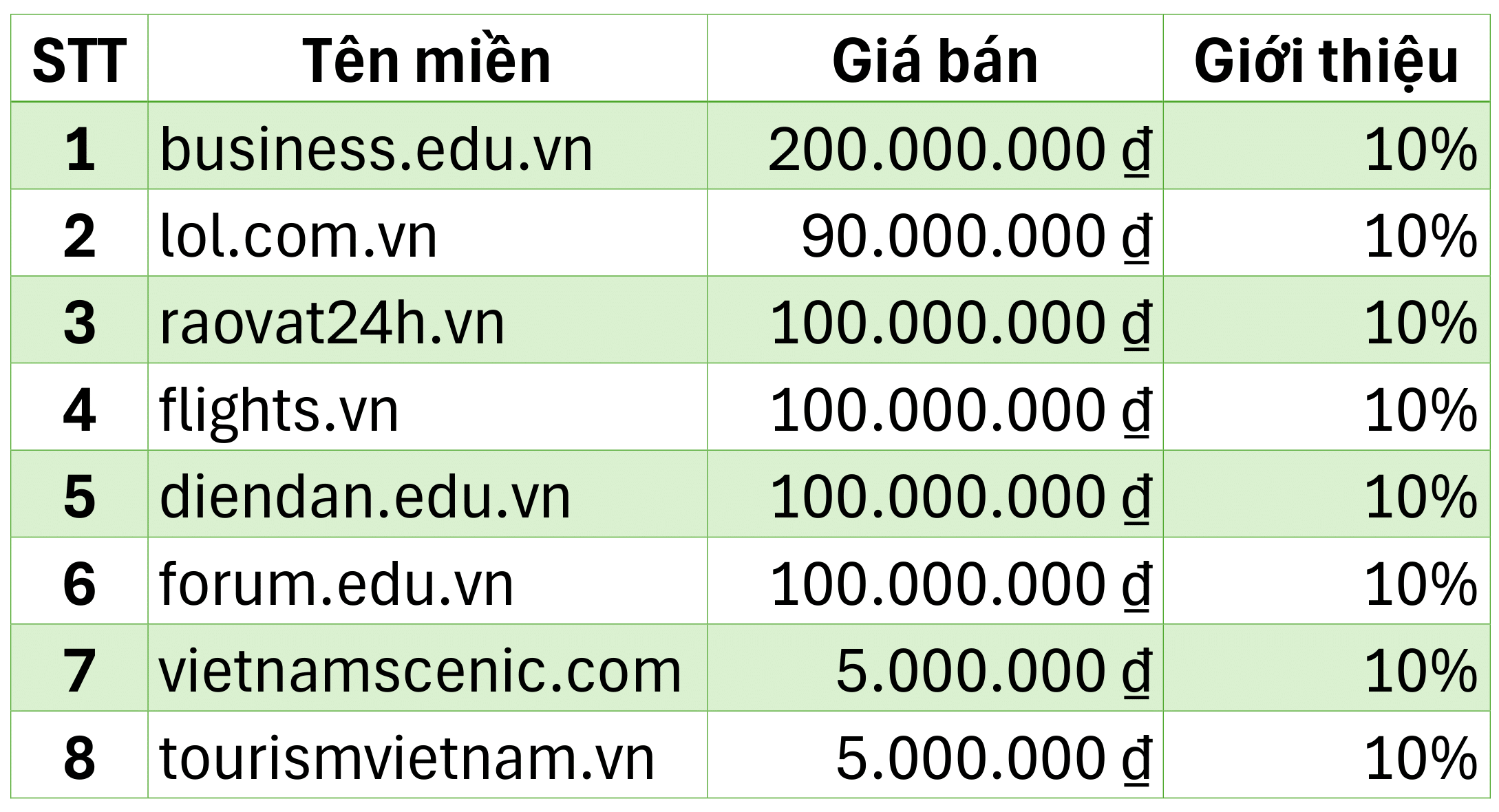haibiettuot
Nhân Viên
Introducing eggs to your baby's diet is a significant milestone. Many parents wonder when can babies eat eggs, and it's essential to understand the right time, the benefits, and how to introduce eggs safely. This article will guide you through the process, ensuring that you make the right decision for your baby’s health.
Why Eggs Are an Excellent Choice for Your Baby’s Diet
 Eggs are rich in essential nutrients that promote healthy growth and development. They contain high-quality protein, which is necessary for building muscles and tissues. In addition, eggs provide vital nutrients such as Vitamin D, which helps with calcium absorption and supports strong bones, and Vitamin A, which is essential for healthy vision and immune function.
Eggs are rich in essential nutrients that promote healthy growth and development. They contain high-quality protein, which is necessary for building muscles and tissues. In addition, eggs provide vital nutrients such as Vitamin D, which helps with calcium absorption and supports strong bones, and Vitamin A, which is essential for healthy vision and immune function.
Eggs are also a great source of healthy fats and omega-3 fatty acids, which are crucial for brain development. Furthermore, they provide iron and zinc, both of which are vital for your baby’s immune system and overall well-being. With these nutrients in mind, eggs are a valuable addition to your baby's diet once they are ready for solid foods.
When Can Babies Eat Eggs?
 The general guideline for introducing eggs to babies is at around six months of age, as this is typically when they start eating solid foods. However, every baby develops at their own pace. Before introducing eggs, it’s essential to ensure that your baby is showing signs of readiness for solids. These signs include the ability to sit up with support, showing interest in food, and swallowing food instead of pushing it out with their tongue.
The general guideline for introducing eggs to babies is at around six months of age, as this is typically when they start eating solid foods. However, every baby develops at their own pace. Before introducing eggs, it’s essential to ensure that your baby is showing signs of readiness for solids. These signs include the ability to sit up with support, showing interest in food, and swallowing food instead of pushing it out with their tongue.
While six months is usually the right time, always consult with your pediatrician before introducing any new food, especially if your baby has a family history of food allergies. Your doctor can provide specific advice based on your baby’s individual needs.
How to Safely Introduce Eggs to Your Baby
 When introducing eggs to your baby, start by offering a small portion of a well-cooked egg, such as scrambled or hard-boiled eggs. Begin with just a small amount to check for any allergic reactions. If your baby tolerates it well, you can gradually increase the amount over time.
When introducing eggs to your baby, start by offering a small portion of a well-cooked egg, such as scrambled or hard-boiled eggs. Begin with just a small amount to check for any allergic reactions. If your baby tolerates it well, you can gradually increase the amount over time.
It is important to make sure the egg is thoroughly cooked. Raw or undercooked eggs should be avoided due to the risk of salmonella, which can be harmful to babies. Cook eggs until the yolk and white are firm and solid to ensure they are safe for your baby to eat.
Possible Allergies and Symptoms to Watch For
 Egg allergies are relatively common in babies, though many children outgrow them by the time they are 5 years old. Signs of an egg allergy may include skin reactions like rashes or swelling, digestive symptoms like vomiting or diarrhea, or more severe reactions such as difficulty breathing.
Egg allergies are relatively common in babies, though many children outgrow them by the time they are 5 years old. Signs of an egg allergy may include skin reactions like rashes or swelling, digestive symptoms like vomiting or diarrhea, or more severe reactions such as difficulty breathing.
If your baby shows any symptoms of an allergic reaction, stop feeding eggs immediately and consult with your pediatrician. In severe cases, seek emergency medical attention. Even mild reactions should be taken seriously and discussed with your doctor before you try eggs again.
Tips for Cooking Eggs for Your Baby
 When preparing eggs for your baby, make sure to cook them thoroughly. Scrambled eggs, hard-boiled eggs, and soft-cooked eggs are good options for babies. You can mash or chop the eggs into small, bite-sized pieces to make them easier for your baby to eat.
When preparing eggs for your baby, make sure to cook them thoroughly. Scrambled eggs, hard-boiled eggs, and soft-cooked eggs are good options for babies. You can mash or chop the eggs into small, bite-sized pieces to make them easier for your baby to eat.
Avoid adding any seasoning, salt, or butter to the eggs, as babies don't need these additives at this stage. Serve eggs in their most natural and simple form to ensure they are easily digestible and safe for your little one.
It’s also important to serve eggs as part of a balanced diet. While eggs are nutritious, it’s essential to offer a variety of other foods to ensure your baby is getting all the necessary nutrients for growth and development.
Conclusion
In conclusion, when can babies eat eggs is typically around six months of age, but it's crucial to ensure your baby is ready for solid foods. Eggs are a highly nutritious food that offers essential nutrients for your baby’s growth and development. Always introduce eggs gradually, start with small portions, and ensure they are well-cooked to reduce any risks. Watch for signs of allergic reactions, and consult your pediatrician if you have any concerns. By following these guidelines, you can confidently introduce eggs into your baby's diet and provide them with the essential nutrients they need to grow healthy and strong.
View more details: https://www.akfood.vn/en/when-can-babies-eat-eggs/
View more information: https://www.akfood.vn/en/
Why Eggs Are an Excellent Choice for Your Baby’s Diet

Eggs are also a great source of healthy fats and omega-3 fatty acids, which are crucial for brain development. Furthermore, they provide iron and zinc, both of which are vital for your baby’s immune system and overall well-being. With these nutrients in mind, eggs are a valuable addition to your baby's diet once they are ready for solid foods.
When Can Babies Eat Eggs?

While six months is usually the right time, always consult with your pediatrician before introducing any new food, especially if your baby has a family history of food allergies. Your doctor can provide specific advice based on your baby’s individual needs.
How to Safely Introduce Eggs to Your Baby

It is important to make sure the egg is thoroughly cooked. Raw or undercooked eggs should be avoided due to the risk of salmonella, which can be harmful to babies. Cook eggs until the yolk and white are firm and solid to ensure they are safe for your baby to eat.
Possible Allergies and Symptoms to Watch For

If your baby shows any symptoms of an allergic reaction, stop feeding eggs immediately and consult with your pediatrician. In severe cases, seek emergency medical attention. Even mild reactions should be taken seriously and discussed with your doctor before you try eggs again.
Tips for Cooking Eggs for Your Baby

Avoid adding any seasoning, salt, or butter to the eggs, as babies don't need these additives at this stage. Serve eggs in their most natural and simple form to ensure they are easily digestible and safe for your little one.
It’s also important to serve eggs as part of a balanced diet. While eggs are nutritious, it’s essential to offer a variety of other foods to ensure your baby is getting all the necessary nutrients for growth and development.
Conclusion
In conclusion, when can babies eat eggs is typically around six months of age, but it's crucial to ensure your baby is ready for solid foods. Eggs are a highly nutritious food that offers essential nutrients for your baby’s growth and development. Always introduce eggs gradually, start with small portions, and ensure they are well-cooked to reduce any risks. Watch for signs of allergic reactions, and consult your pediatrician if you have any concerns. By following these guidelines, you can confidently introduce eggs into your baby's diet and provide them with the essential nutrients they need to grow healthy and strong.
View more details: https://www.akfood.vn/en/when-can-babies-eat-eggs/
View more information: https://www.akfood.vn/en/


 Vận hành bởi Trương Anh Vũ®
Vận hành bởi Trương Anh Vũ®